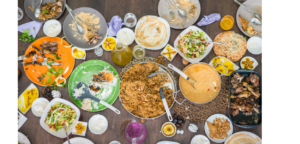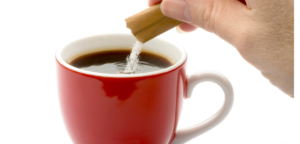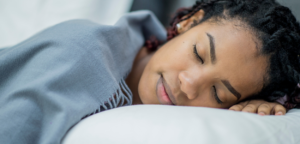8 Things You Should NOT Do Right After Eating When Exercising to Take a Nap. Learn What Not to Do After Eating. Stay Healthy and Rested.
Introduction:
It might be tempting to sleep after a filling dinner, but did you know that some activities can affect the quality of your slumber and digestion? This extensive article will go into the top 8 activities you should forgo immediately following meals if you intend to sleep. We’ve got you covered in everything from comprehending the science of digestion to perfecting your pre-nap routine.

Exercising To Take a Nap: 8 Things You Should NOT Do Right After Eating
While it’s important to be active, it’s best to avoid working out just after eating. Vigorous exercise can cause blood flow to be diverted away from your stomach and intestines, which might impact digestion. To help with digestion and encourage relaxation, take a leisurely stroll rather than going to the gym.
The After-Meal Nap Routine: An In-Depth Guide
Before a nap, overindulging in fatty, heavy meals might cause pain and impair your sleep. Such meals may result in heartburn and indigestion during your slumber since they demand more energy to digest. Choose nutrient- and fiber-rich, balanced meals.
-
Skip Caffeine and Sugary Treats:

Sugary foods and coffee can raise your energy levels, making it more difficult to fall asleep during a nap. Caffeine can also impede the advantages of your meal by obstructing nutrient absorption. Instead, stick to water or herbal tea.
-
Say No to Alcohol:

Alcohol can interfere with your sleep cycle and keep you from entering the deep, restorative stages of sleep, despite the fact that a glass of wine may feel soothing. It can dehydrate you as well, which could harm your general health.
-
Don’t Rush Your Meal:
Overeating might result in bloating and discomfort since it can cause you to swallow too much air. To promote digestion, chew your meal completely and enjoy every bite.
-
Stay Upright:

Avoid lying down just after eating to prevent heartburn and acid reflux. Before you take that post-meal snooze, give your body some time to digest by sitting or standing up.
-
Hydrate Wisely:
Water consumption is important, but too much water immediately following a meal might dilute the stomach acids that aid in digestion. Keep yourself hydrated all day long by drinking water in moderation.
Before going to sleep, use relaxation techniques like deep breathing or meditation to reduce stress and improve digestion. Your body’s capacity to properly digest meals might be impacted by stress.
-
Time Your Nap:

Plan to snooze at least an hour after eating if you intend to do so. By enabling your body to start digesting, you lower your risk of experiencing pain while you sleep.
Frequently Asked Questions (FAQs):
I had a snack. Can I take a quick nap?
A: A quick snooze followed by a small food might be helpful. Make sure it isn’t a substantial meal, and give your body time to digest it.
How long should I wait after eating a meal before taking a nap?
A: It’s usually advised to avoid napping for around 1 to 2 hours after eating.
Is drinking water after a meal acceptable?
A: Yes, but limit your water intake right after meals to minimize digestive problems.
Which meals are ideal for a sleep after a meal?
A: Choose meals like lean meats, whole grains, and veggies that are high in nutrients and fiber.
Can I drink herbal tea just after a meal?
A: Definitely! Teas made from herbs, such as chamomile or peppermint, can help with digestion and relaxation.
Why is digestion crucial before sleeping?
A: Healthy digestion prevents your body from working excessively during your nap, enabling you to get a deeper, more restful night’s sleep.
Conclusion:
The important elements that might make or break your experience should be kept in mind as you set out to enhance your post-meal sleeping practice. You may improve your digestion and have a more restorative slumber by avoiding large meals, standing up, and using relaxation techniques. Always remember that the secret is to find the right balance between feeding your body and giving it the rest it needs.


